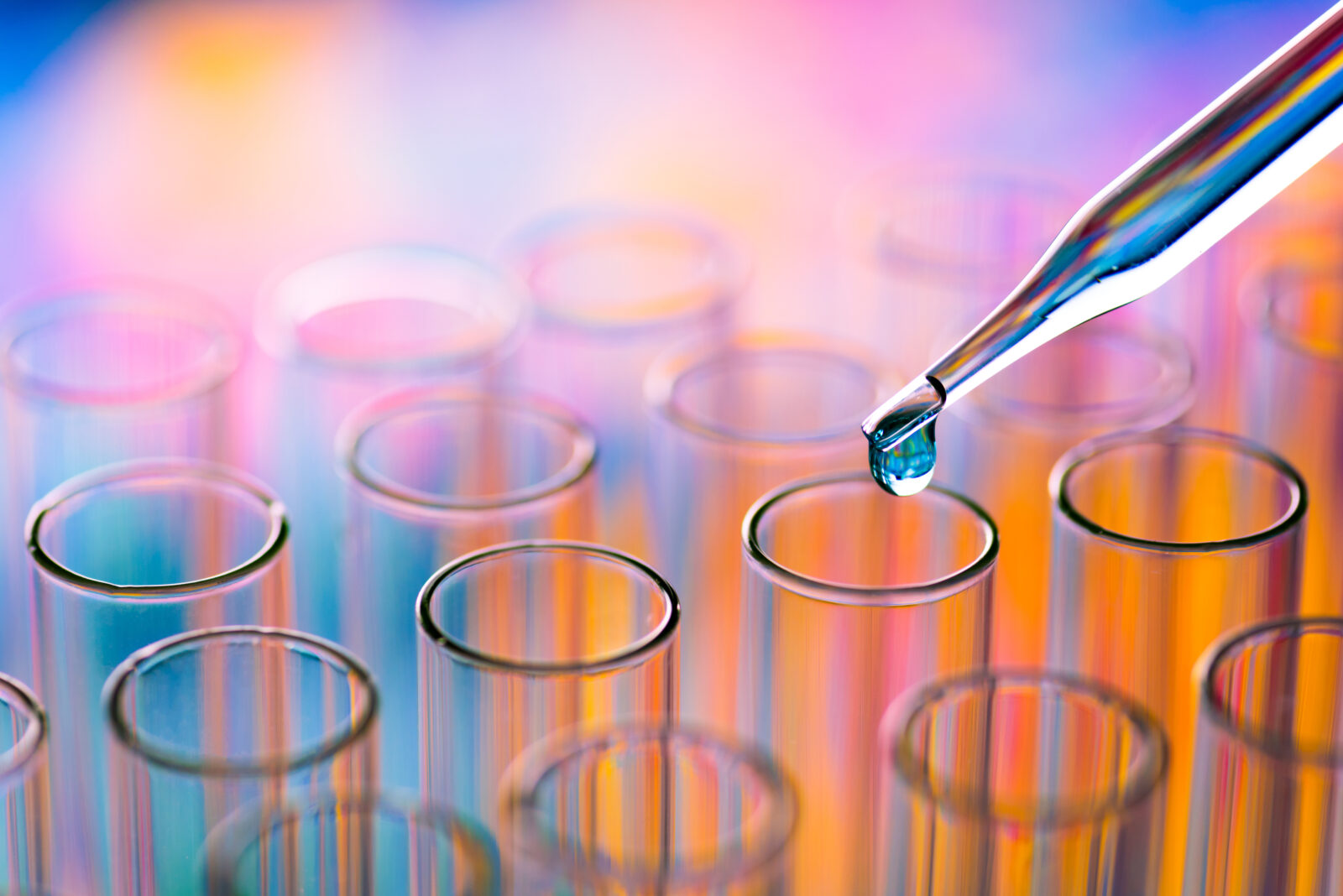Extravagant Claims: James Tour & Stephen Meyer Critique Origin of Life Research
On this ID The Future, we continue a four-part conversation series between philosopher of science Dr. Stephen Meyer, author of Signature in the Cell: DNA and the Evidence for Intelligent Design, and Dr. James Tour, a world-leading synthetic organic chemist at Rice University. Dr. Tour has recently been engaged in a series of back-and-forth responses to attacks on his work from YouTube science communicator Dave Farina. This has given Tour a new opportunity to critique experts in the field of abiogenesis and allows an interested public to better evaluate both sides of the argument.
In Part 2, Meyer and Tour discuss the work and claims of origin of life researcher Lee Cronin. They begin with a review of the four classes of molecules before critiquing Cronin’s foremose reaction experiments and his claims to have found a process that’s analogous to cell division. Tour also discusses the importance of chirality, as well as how amino acids behave in aqueous solutions. Turns out that “warm little pond” story we’ve been told for many years is chemically implausible. The discussion rounds out with a reminder of the information problem, something Meyer writes about at length in Signature in the Cell. Have prebiotic chemists made any progress on the sequence specificity problem? None whatsoever, says Dr. Tour.
This is Part 2 of a four-part series of conversations. Watch the video versions of these at Dr. Meyer’s YouTube channel.
MORE RESOURCES:
Dr. James Tour’s lecture at the 2019 Dallas Science & Faith Conference: The Mystery of the Origin of Life
Dr. Tour’s video series: Addressing Abiogenesis (Season 1)
Dr. Tour’s video series continues: Addressing Abiogenesis (Season 2)
